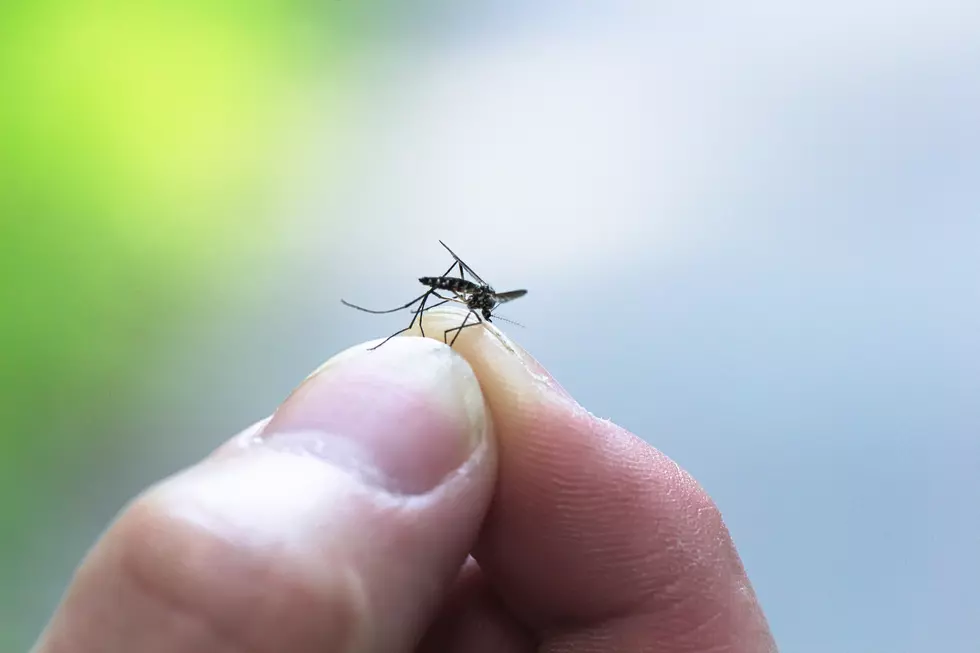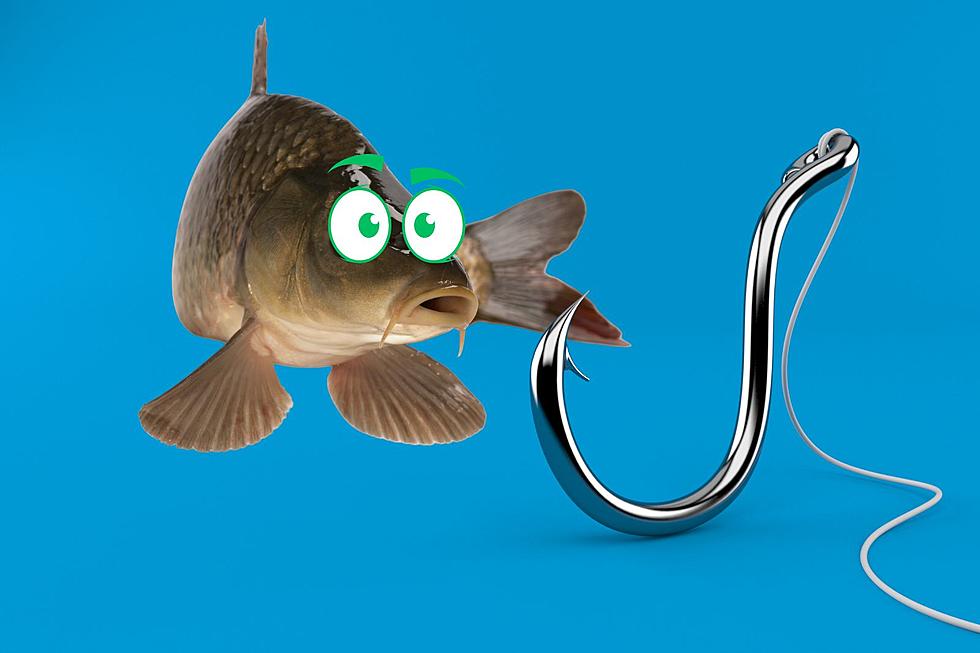
Calhoun County Still Set For Aerial Pesticide Spraying
UPDATED Tuesday 10/1/19 at 2:50pm
The Calhoun County Public Health Department is reporting that aerial spraying will take place in a portion of Calhoun County and in a major portion of southern Barry County Tuesday evening (10/1/19). The area includes section 4-1, which includes the northeastern portion of the county, west of M-66 and north of I-94. Some areas in the city of Battle Creek are included as well as areas along M-37 and M-89. Section 4-3, which includes I-94 and areas south along M-66 is still under a "proposed treatment" plan for now, according to a map from the Michigan Department of Health And Human Services.
ORIGINAL STORY
While the aerial spraying of pesticides was postponed on Sunday for weather or permanently cancelled in two counties, spraying for Berrien, Cass, St. Joseph and Van Buren counties took place on Monday night into the early morning hours of Tuesday.
The treatment for Calhoun County, which would cover a major portion of Battle Creek and Bedford Township, will be rescheduled. According to the State, due to the emergency determination, the 48-hour notice has been waived. Therefore, the State will notify the Calhoun County Public Health Department the morning of the scheduled spray date. Once decided, that information will then be disseminated to local media outlets.
The Kalamazoo County Health and Community Services Department released a statement on Sunday stating that due to a high number of residents preferring to opt-out, aerial spraying would not be performed in the cities of Kalamazoo and Portage.
Officials with the Michigan Department of Health and Human Services said that more than 1,200 people provided addresses to opt out.
The pesticide being used is Merus 3.0 which is an organic pesticide containing 5 percent pyrethrin. Pyrethrins are chemicals found naturally in some chrysanthemum flowers. They are a mixture of six chemicals that are toxic to insects. Pyrethrins are commonly used to control mosquitoes, fleas, flies, moths, ants and many other pests. Pyrethrins have been registered for use in pesticides since the 1950's.
In general, health risks are not expected during or after spraying. No special precautions are recommended; however, residents and individuals who have known sensitivities to pyrethrins can reduce potential for exposure by staying indoors during spraying. Aerial spraying is not expected to have any impacts on surface water or drinking water.
Get the most up to date information at Michigan.gov/EEE.
More From WBCKFM









